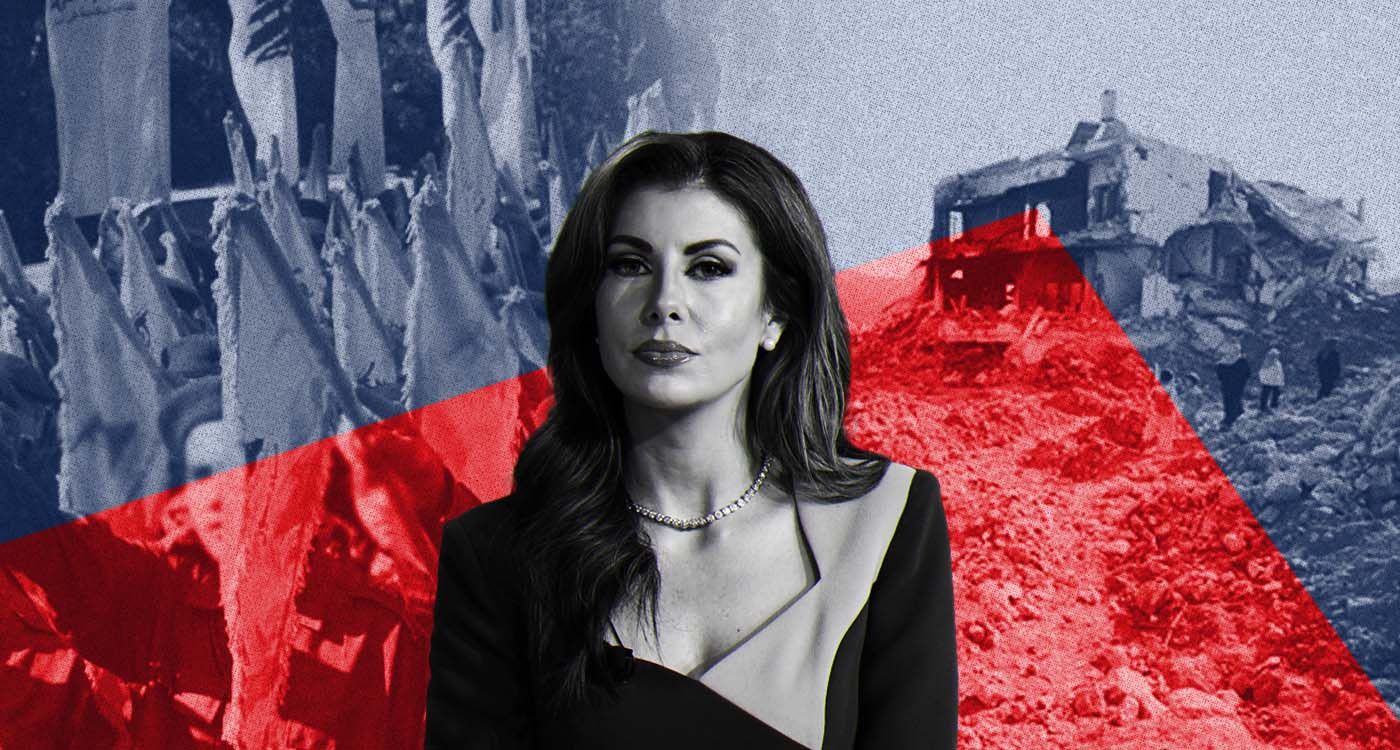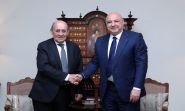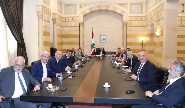
Morgan Ortagus, Deputy US Special Envoy for the Middle East, is preparing to visit Lebanon, potentially right after Eid al-Fitr. She has laid the groundwork for this visit through a series of interviews with Arab and Lebanese media, where she emphasized a central message: Hezbollah must be disarmed. This issue is expected to be central to her discussions with Lebanese officials, particularly President Joseph Aoun, whose recent remarks in France about Hezbollah’s weapons have drawn significant attention. President Aoun reaffirmed Lebanon’s national security strategy, emphasizing that it includes a defense strategy which, he stressed, requires internal consensus.
Official Lebanese sources have interpreted Ortagus’s comments in her interviews as setting tough conditions on disarmament and negotiations. This came especially after she told Lebanese officials who contacted her following Friday’s Israeli attacks on southern Lebanon and the southern suburb of Beirut that Israel had every right to respond to the rocket fire, and that Hezbollah bore full responsibility.
Lebanese officials, however, expressed concern over Ortagus’s hardline conditions, arguing that Israel has not reciprocated Lebanon’s de-escalation efforts. They highlight that Lebanon neither occupies Israeli land nor holds Israeli captives, yet faces persistent negotiation hurdles. These talks, framed diplomatically, appear to steer toward a political resolution that could normalize relations.
Caught between Israeli strikes and Hezbollah’s influence, Lebanon struggles to implement the ceasefire with Israel and UN Security Council Resolution 1701. Israel accuses Beirut of failing to curb the pro-Iranian group, and the latter criticizes the state for not taking stronger action against Israel. In light of this complex situation, Western diplomatic sources have argued that the best course of action for Hezbollah would be to genuinely adopt a neutral stance, surrender its weapons to the Lebanese state, dismantle its military organization, and relinquish the projects that have entangled it to the Islamic Republic of Iran.
These sources rightly pointed out that the Lebanese state, currently criticized by Hezbollah, played no role in initiating hostilities or negotiating the ceasefire, which was handled directly by Speaker Nabih Berri with US and Israeli counterparts. Hezbollah fully endorsed the agreement, including its disarmament clause, and any contrary actions would constitute a violation of the agreement.
The sources reveal that Hezbollah pushed for an immediate ceasefire due to devastating losses, only to later attempt bypassing it—a tactic that has failed, prompting continued Israeli strikes on Hezbollah targets.
In this context, Hezbollah has had no choice but to persist in its attacks on the Lebanese state, blaming it for the ongoing Israeli strikes. Western diplomatic sources have not ruled out the possibility that Hezbollah members were behind the Friday rocket fire on Israel. As a result, they are closely monitoring the investigation to determine whether their concerns prove to be correct.
Western diplomats question what more the Lebanese state can do beyond diplomacy, given its military limitations against Israel. They challenge Hezbollah: What does it expect from the state? And if the state is unable to retaliate, what is Hezbollah prepared to do? Is it willing to reignite hostilities, especially with supply routes from Syria cut off and airspace over Beirut airport restricted?
They have cautioned against repeated statements suggesting Hezbollah's intention to take to the streets, stir tensions among the population, and pressure the government. They questioned whether inciting internal unrest would deter Israel from continuing its military actions or facilitate the inflow of reconstruction funds into Lebanon.
The sources warned that such actions would further undermine Lebanon’s stability, igniting internal divisions and clashes. This could also signal the definitive end of any remaining Arab and international engagement with Lebanon.




Comments